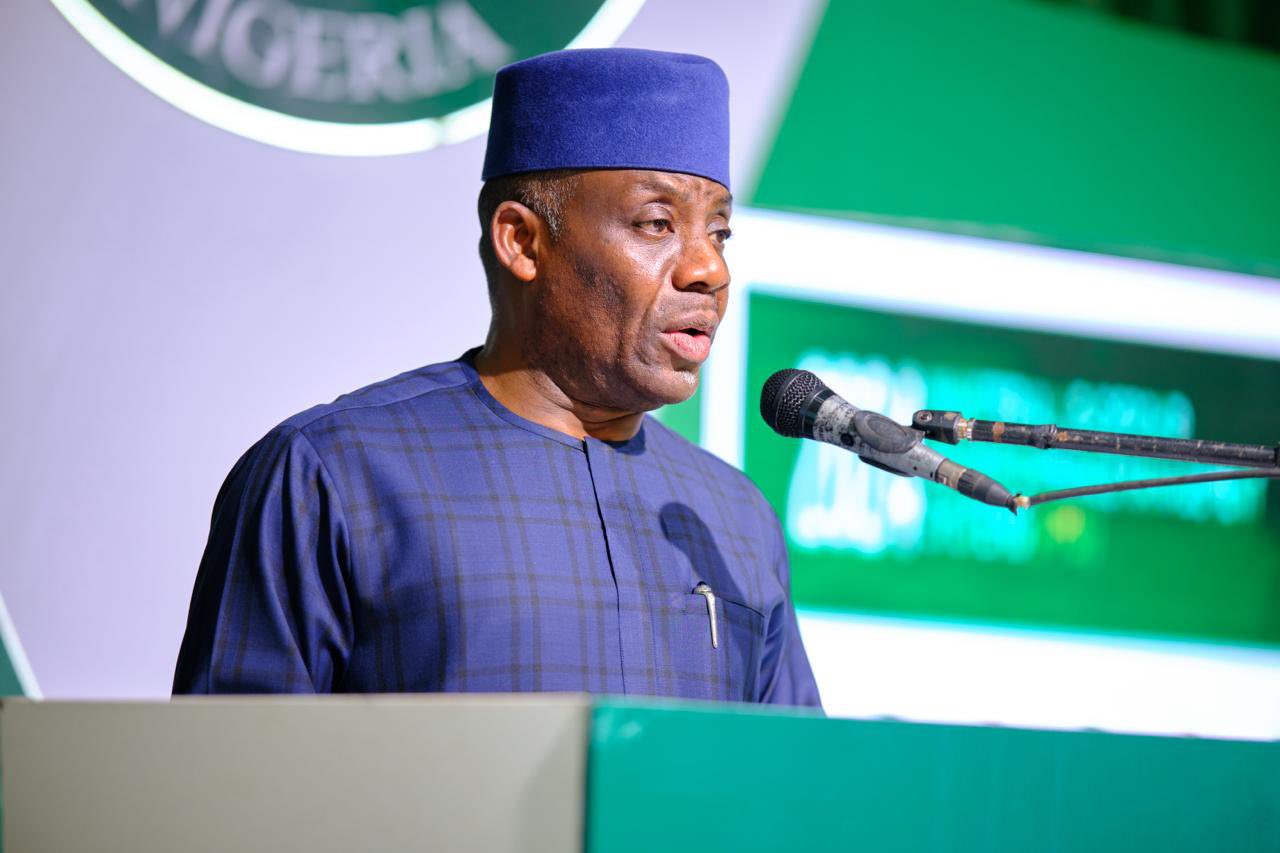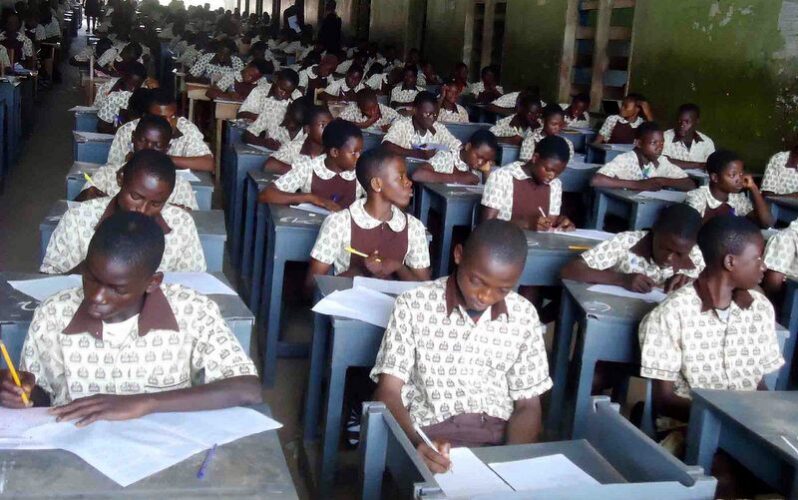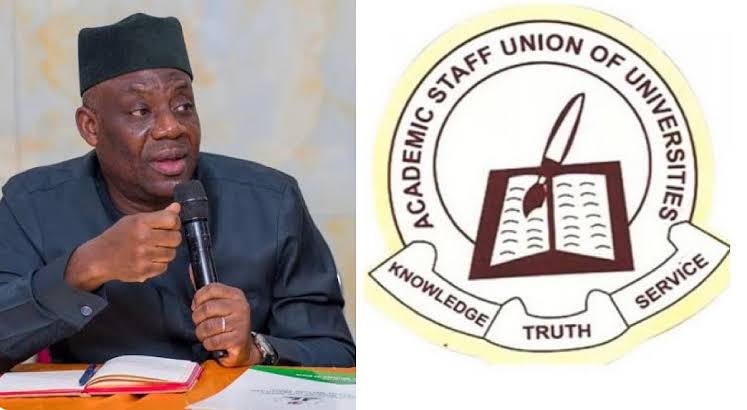The Academic Staff Union of Universities on Thursday knocked the Minister of Education, Dr. Tunji Alausa, over claims that the government never signed any agreements with the union.
Alausa made the clarification on Thursday while addressing journalists in Abuja.
According to him, the documents often cited by ASUU as binding agreements were never signed, but only proposals presented during negotiations.
He said the administration of President Bola Tinubu was, however, committed to resolving lingering issues with the university lecturers’ union.
Earlier this year, the Tinubu administration released N50bn to settle earned academic allowances owed to university lecturers and staff.
However, ASUU has consistently demanded clear commitments on improved salaries, conditions of service, university funding, autonomy, and a review of laws governing the National Universities Commission and the Joint Admissions and Matriculation Board.
Alausa said, “The government side met today (Thursday) at the highest level. I, Minister of State for Education, Minister for Labour and Productivity were all at the meeting. We had the Solicitor General of the Federation.
“The 2021 agreement was not executed by the government. So, I need to be honest and truthful to Nigeria. ASUU might have an impression that they have an agreement with government.
“There was no signed agreement with government. But ASUU they’re good people. Polytechnic, College of Education, non-academic staff union, they’re all good people.
“But we now have a responsive government that is being led by President Tinubu and you know this president, once he makes his promises, he fulfills every single promise that is made and he has mandated us to do the same. We’ll have a clean agreement, agreement that is actionable, where every content is actionable, implementable in a sustainable manner.”
Alausa added, “As I told you, we are going to do this thing once and for all. Previous agreements that had been done with ASUU by the government, the Ministry of Justice was not involved. We want this to be done in a constitutional manner; that every single agreement that we reach with them will be within the context of our constitution.
“The proposal that ASUU has given us, we went line-by-line to discuss, deliberate what the government can afford, what is within the constitutional purview of the federal government. We’ve reviewed all those proposals that he gave to us, line by line.
“We’ve decided on a counter-proposal to them. We now close by setting up a high-level technical team to clean up our proposal, come with a clean document. And that technical team is being chaired by the Permanent Secretary of Education, with the following membership.
“The Solicitor General of the Federation and the Permanent Secretary of the Ministry of Justice, the Permanent Secretary of the Ministry of Labour and Productivity, the Chairman of the Salary and Wages Commission, the Executive Secretary of the National University Commission, the Executive Secretary of the TEC Fund, and the Director General of the Budget Office is also part of the seven-member technical team while the Director of the University of Education will be the secretary. We’ve mandated them to come back to us with a clean report.
“We would review this, and now once we finalise our own proposal to ASUU, we’ll give that proposal, a counter-proposal to the Yayale Ahmed Committee to take to ASUU and then ASUU would talk and deliberate, and we’ll come back to us. We will work as seriously, as quickly, and as fast as possible to get an agreement with ASUU But let me clear this point of correction out.
“The Solicitor General looked into the agreement. The government has never signed any agreement with ASUU. This was a draft agreement.
However, ASUU president, Prof. Chris Piwuna, noted that the minister’s claim showed that the government was still very poor at keeping records.
“The government is very poor at keeping records. Sometimes, you wonder if there is a proper handover from one officer to another,” Piwuna said.
FOLLOW US ON:
FACEBOOK
TWITTER
PINTEREST
TIKTOK
YOUTUBE
LINKEDIN
TUMBLR
INSTAGRAM

 Education24 hours ago
Education24 hours ago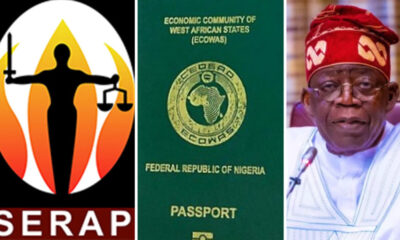
 News24 hours ago
News24 hours ago
 Crime27 minutes ago
Crime27 minutes ago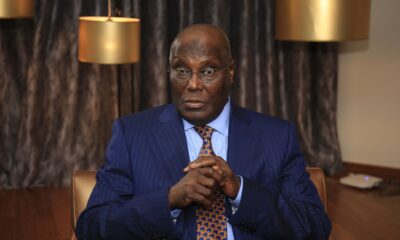
 Politics14 minutes ago
Politics14 minutes ago
 Politics22 minutes ago
Politics22 minutes ago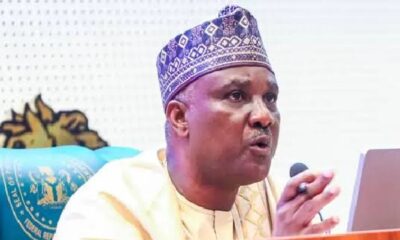
 News8 minutes ago
News8 minutes ago
 Business2 minutes ago
Business2 minutes ago
